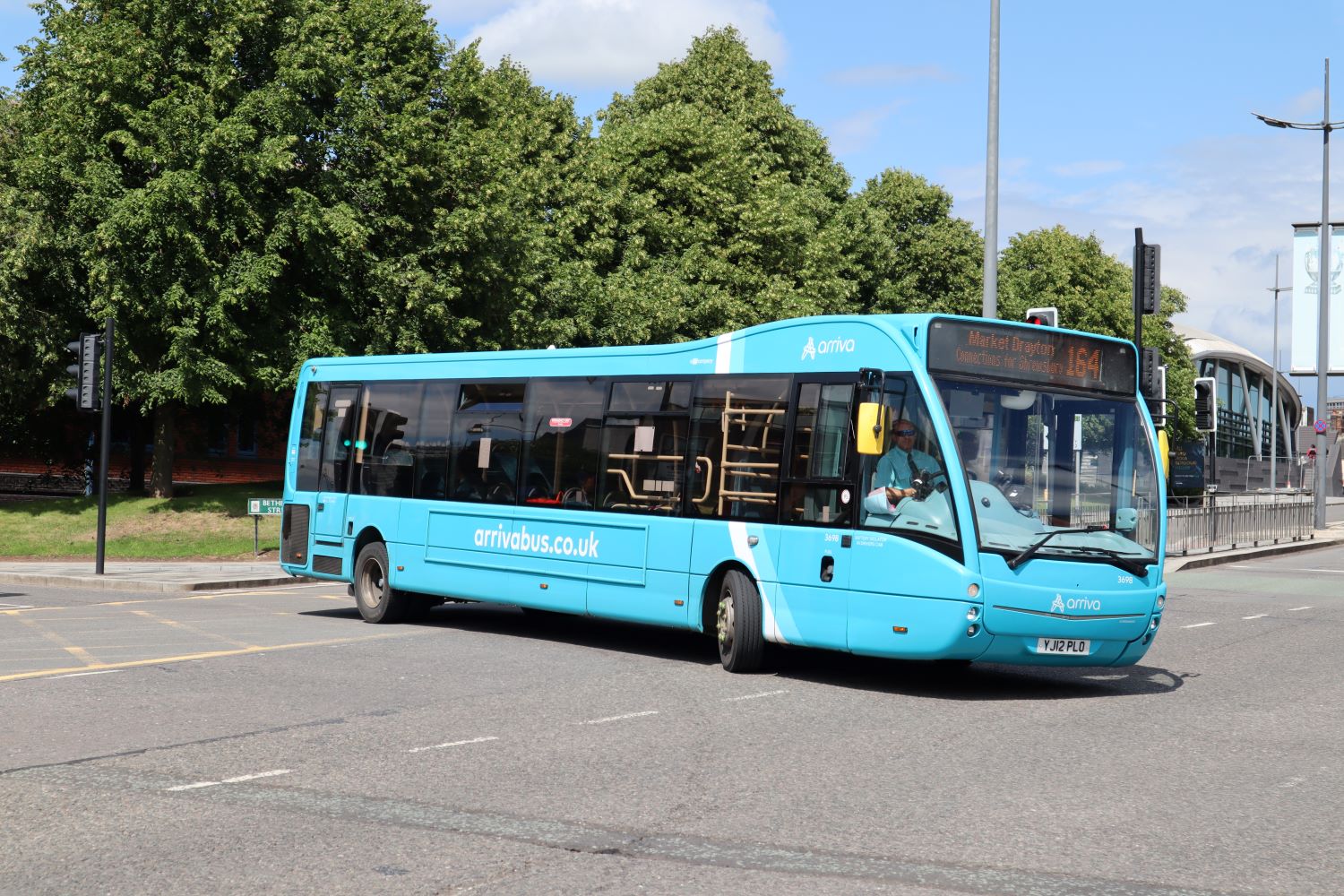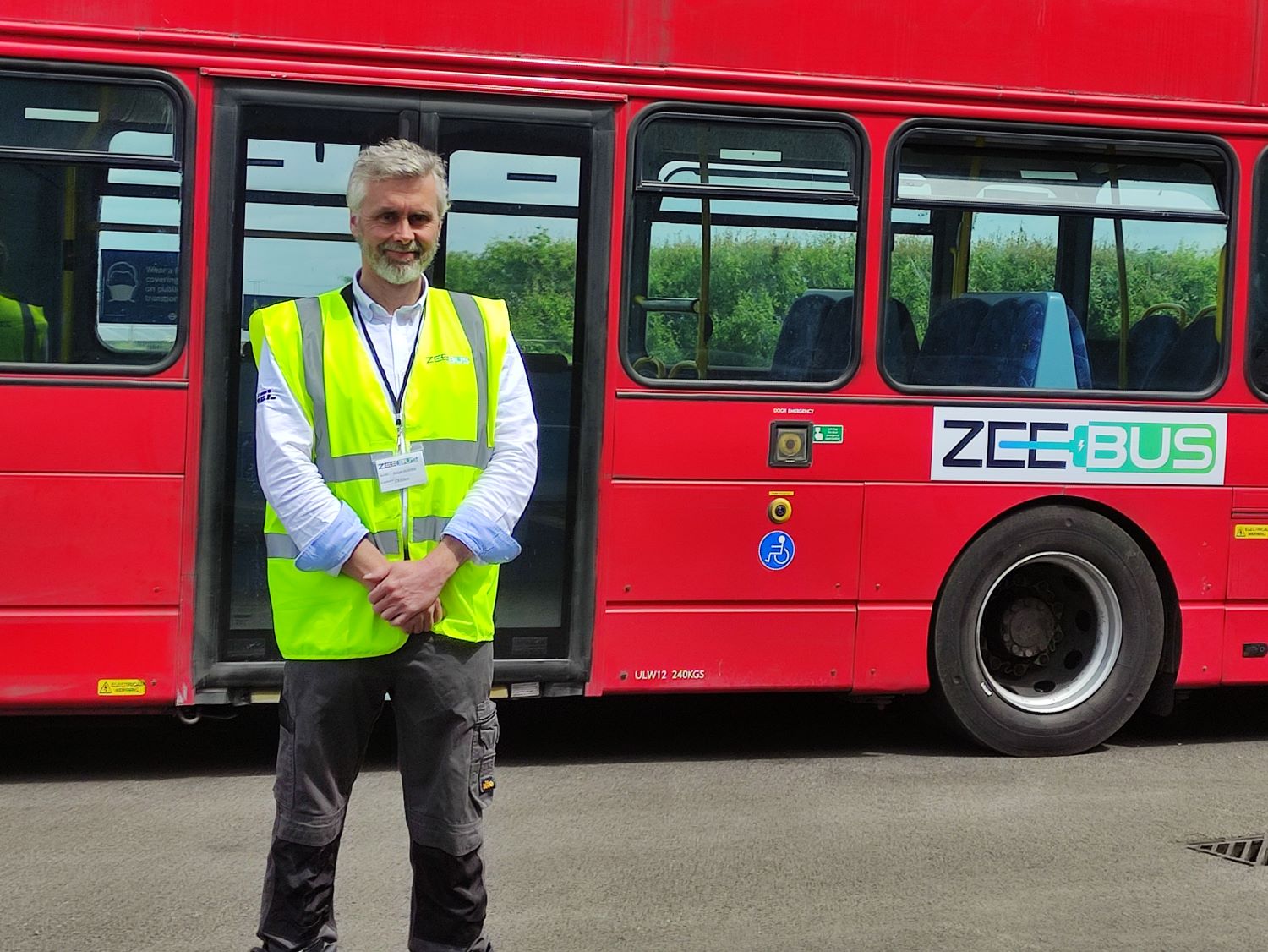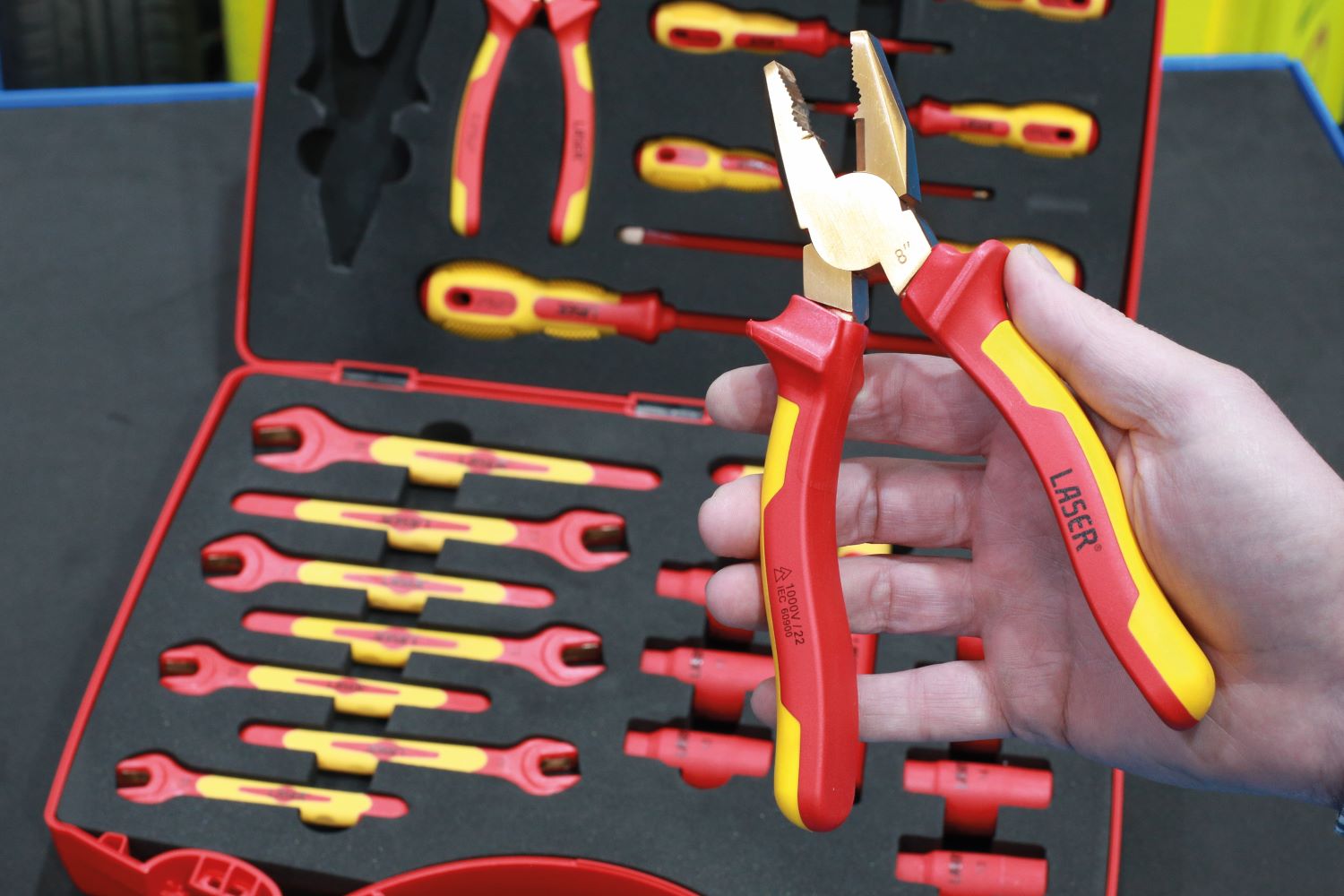Engagement with local authorities is important for the survival of rural services, argues CPT President Ralph Roberts
Uppermost in my mind this month is the situations we have in the UK with rural and urban services respectively. The Transport Act 1985 provided for an open market, where the commercial demand of urban and semi-urban areas would provide a comprehensive bus service.
Where there was low demand – typically in a rural setting – local authorities had the right, and budget, to contract in bus services to keep communities connected. This was a huge saving for the government of the day compared to the nationalised industry that it broke up.
Nearly 40 years on and society has changed beyond recognition, yet bus is still the most popular form of public transport. However, the cost of operation and the state of public finances is yet again leaving too many rural communities without a bus service, so little wonder that the government has said that, if Bus Service Improvement Plans do not deliver the change required, it will consider further statutory powers.
We need a consistent approach and an honest assessment of where we are. Allowing dense urban areas to cherry-pick control will only leave rural areas even worse off.
The Confederation of Passenger Transport (CPT) has lobbied very well and made the case for ongoing gap-funding to save bus services in several areas, but we must ensure that our local politicians understand the pressures. It is more important than ever that close relationships are maintained locally with politicians so that they can take an informed view.
A few weeks ago, I gave a lecture to a large group of local authority officers about the upward cost pressures within the industry. It would be fair to say that there was a significant amount of ignorance over the multitude of factors that we wrestle with as an industry. I would advocate repeating this session countrywide with your local authorities – we must enlighten them.
One question was why buses are getting more expensive to operate but cars less so. Aside from the most obvious factors, there was surprise that a bus sees the equivalent of 12 MoT tests a year, is washed and cleaned every evening and that its design makes it the most complex and niche vehicle on the road.
Some of these cost-drivers are so systemic that many in our industry take them for granted and don’t see them as part of the problem. As we educate others, we remind ourselves.
Well done to Karen Tiley at CPT for organising another Ride and Drive event this year. It is taking place at North Weald Airfield in Harlow on 24 July and this eagerly anticipated event is the only opportunity for coach and bus operators to test-drive the latest vehicles provided by a wide range of manufacturers.
Some leading companies that will be in attendance and have vehicles to test include Volvo, Dawson Group, EVM and Mercedes/Daimler. It is an event not to be missed if you are looking to assess what is on the market.



























